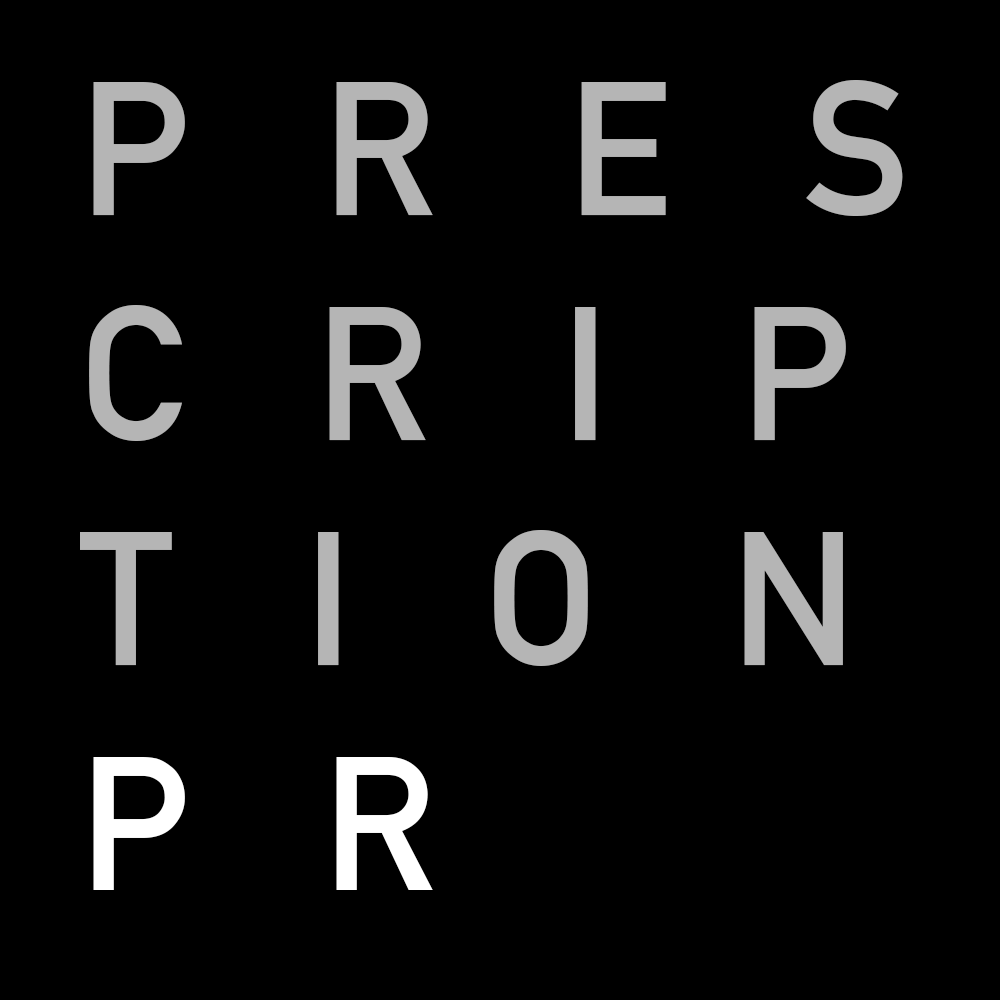Should your band be on Wikipedia?
Obviously your band is the greatest thing since lightly toasted sliced bread smothered in Nutella and washed down with hot milky tea, but should you create a Wikipedia entry about it?
The annoying answer is “it depends”. There are some significant benefits of having a Wikipedia entry for your act, but as with much else associated with the quest for rock success, when Wikipedia is used incorrectly, it can make you look seriously crap.
Let’s start by looking at the benefits though. Having a decent Wikipedia entry means that…
- journalists / bloggers are provided with a useful resource to find out more about your act’s background and history
- you give the impression that you are an act with a good reputation, and one that should be taken seriously (i.e., reviewed)
- your band is easily findable in web searches (as Google places a high importance on Wikipedia entries in search results)
- you improve the search ranking of sites that you reference in the Wikipedia entry – for example, your band’s website – because pages that are referenced by Wikipedia are considered important by several search engines
- you can google yourself and get notions of grandeur every time.
However, before rushing off and writing a 15,000-word Wikipedia dissertation on the merits of your band, you need to, in the wise, autotuned words of The Saturdays, have a sit down with your ego. You need to ask yourself two hard questions. Questions which may lead you to retire from the music business, but questions that need to be answered before going anywhere near Wikipedia:
- Has your band achieved anything of note, that deserves an entry? I.e., sold any records? Or played any big festivals?
- Has your band ever been reviewed in any serious publications?
If you can answer yes to either of those questions, it’s okay to start thinking about writing a Wikipedia entry. But if it’s a no to both, forget about it. Chances are, without any sales figures or reviews to point to, your nascent Wikipedia career will be over before it’s begun – a bearded man in California who trawls Wikipedia for daft entries will have hit the delete key before you’ve had the chance to email your mum a link to your lovely effort.
But assuming there has been a whiff of success surrounding your career – a Q or Mojo review for example, or a really good festival appearance – then a Wikipedia entry is a good move. But there are some key things that you should bear very strongly in mind before unleashing your two index fingers on your computer keyboard:
- Read a few entries for established acts (REM, U2 etc.) to get a sense of what kind of content and style is expected for Wikipedia entries, so that when you write your own, it doesn't jump up and down screaming "The band wrote this themselves! The band wrote this themselves! And they don't have a spellchecker."
- Make your entry incredibly impartial; if in you describe yourself in glowing terms, or simply copy and paste your press release into Wikipedia, you will find your entry on the scrapheap very quickly. To appear completely impartial, it may even be worth mentioning less-than-positive album reviews in your Wikipedia entry (as well as the fantastic ones of course; you don’t want an entry which just highlights how rubbish your band is).
- Ensure that you provide proper annotations and crucially, links to any press coverage that you are referencing in your entry. The bearded Wikipedia editors won’t necessarily believe you got a four-star review in Uncut unless you provide some evidence. Without said evidence, you may find an annoying box accompanying your entry, announcing that “the topic of this article may not meet the general notability guideline” (which translates as: “who the f*ck are this band? We bearded Californian editors have never heard of them. Journalists, please ignore this act immediately and go back to reviewing Coldplay.”)
- Include decent images with the entry - album artwork, press shots etc.
- Ensure that your entry is free from spelling mistakes and grammatical errors.
- Add a good selection of external – but relevant - links at the bottom of your entry so that people can find out more about you.
Finally, think about this: are you (or your drummer / guitarist / bassist) best placed to write the Wikipedia entry? You may be great musicians, but your English may stink. Or your massive egos might not be able to handle talking your band down a bit. If that’s the case, think about asking somebody else to write the entry – a sympathetic journalist or your old English teacher, for example. Just not your mother or your girlfriend.


